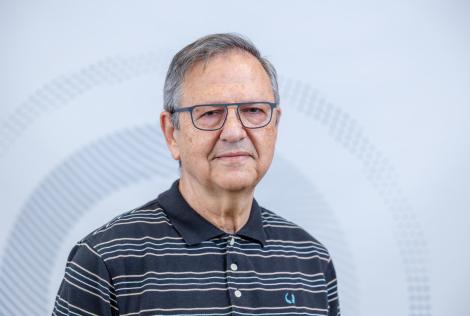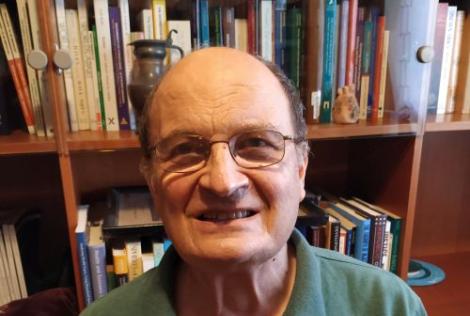Inequality and Poverty
Adam Smith is generally considered as the father of Political Economy which he defined as an enquiry into the nature and causes of wealth. Ricardo however took a different view and thought it should be called an inquiry into the laws which determine the division of the produce of industry amongst the classes who concur in its formation. Despite Ricardo, the distribution of income has not been a topic at the forefront of economic research. This is also true of poverty. Nobel Prize T.W. Schultz once wrote that “most people in the world are poor. If we knew the economy of being poor, we would know much of the economics that really matters”.
The topics of poverty and inequality are still not the top priority in economic research, but during the past forty to fifty years they have become much more popular than they used to be. On the one hand there has been an important decrease in world poverty, at least until the apparition of COVID, mainly thanks to the tremendous decrease in poverty in China. On the other hand, inequality, whether in income, health, or in access to education, has often become more acute in recent years, in developing as well as developed countries.
Moreover, during the past twenty years, data on income and consumer well-being have become much more common and should lead to better analyses of poverty and inequality.





